General
General

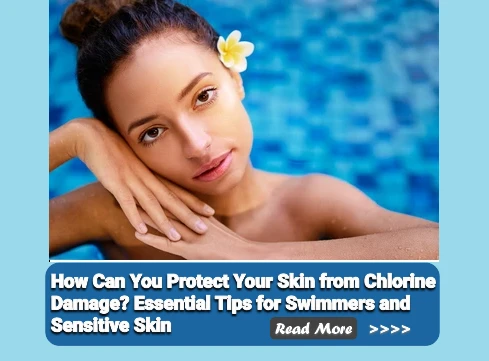
How Can You Protect Your Skin from Chlorine Damage? Essential Tips for Swimmers and Sensitive Skin
Protecting your skin from chlorine damage doesn’t mean giving up your time in the pool—it just requires thoughtful preparation and post-swim care.
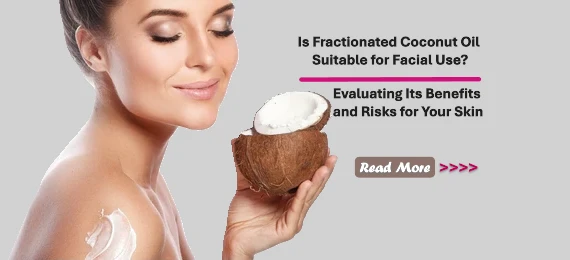
Is Fractionated Coconut Oil Suitable for Facial Use? Evaluating Its Benefits and Risks for Your Skin
Fractionated coconut oil can be a suitable option for facial use, especially for those seeking a lightweight, non-greasy moisturizer or carrier oil.
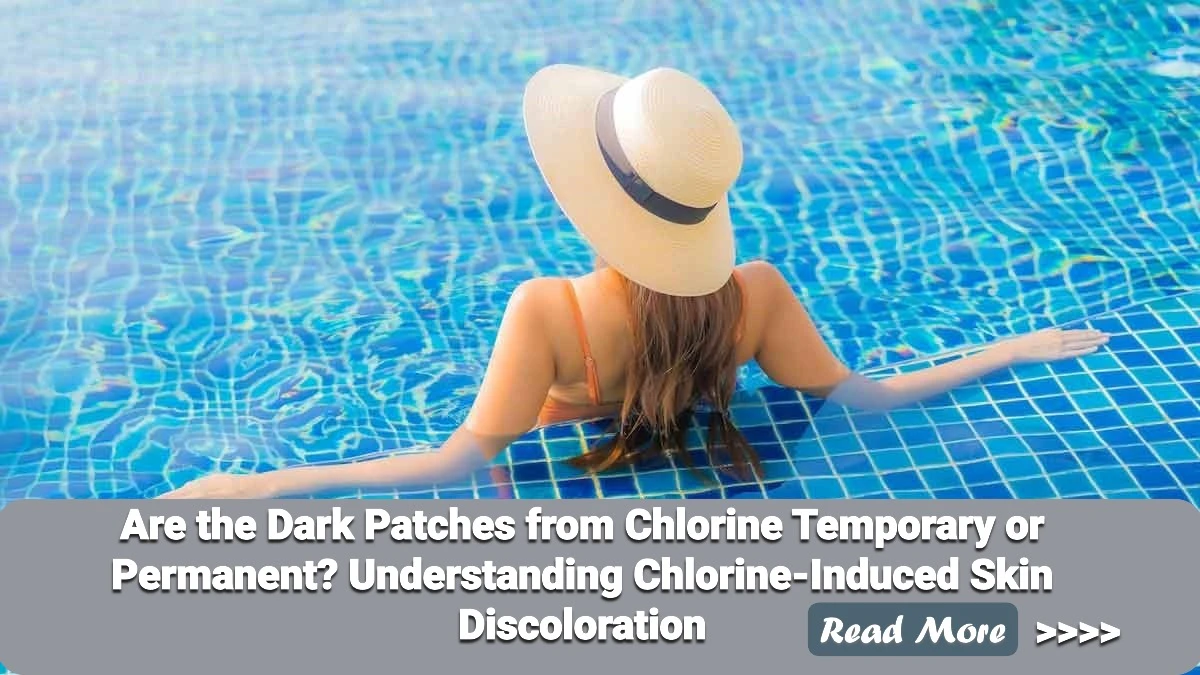
Are the Dark Patches from Chlorine Temporary or Permanent? Understanding Chlorine-Induced Skin Discoloration
Dark patches caused by chlorine are usually temporary, but their duration depends on your skin type, frequency of exposure, and whether other factors like sun damage are involved.
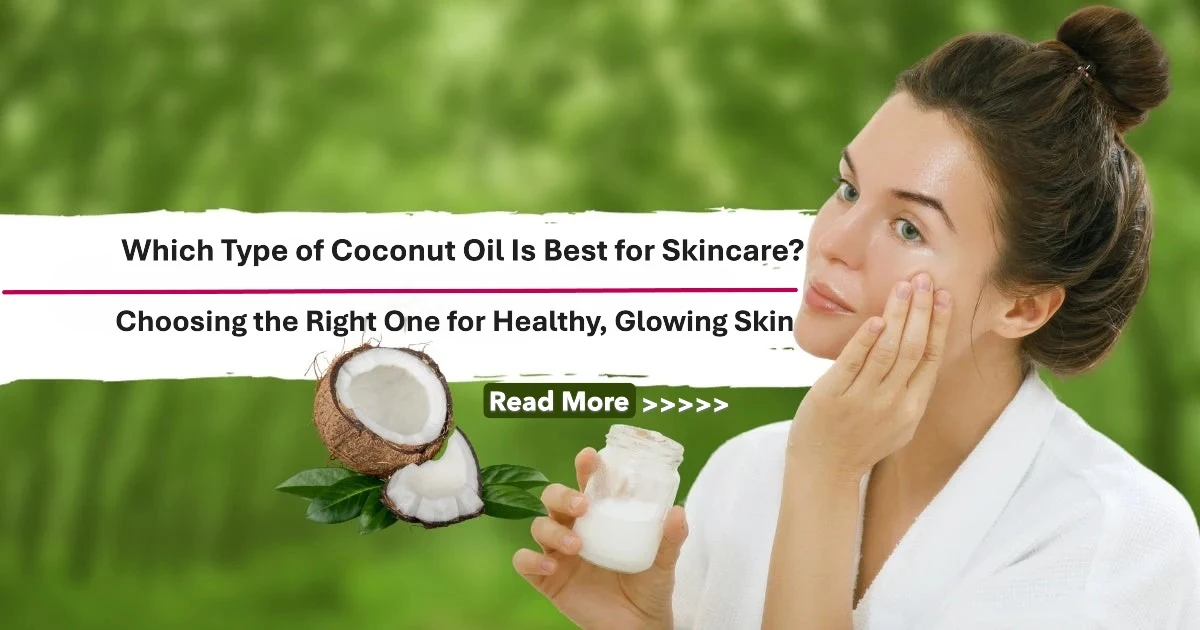
Which Type of Coconut Oil Is Best for Skincare? Choosing the Right One for Healthy, Glowing Skin
When it comes to skincare, cold-pressed virgin coconut oil stands out as the most beneficial type due to its purity, nutrient density, and gentle extraction process.
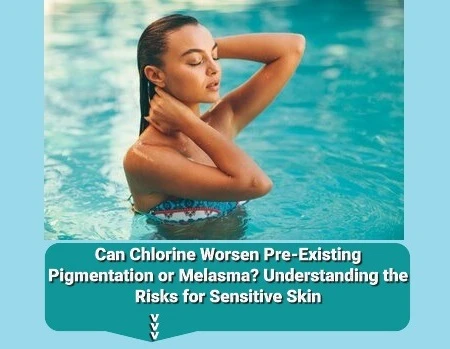
Can Chlorine Worsen Pre-Existing Pigmentation or Melasma? Understanding the Risks for Sensitive Skin
While chlorine doesn't directly cause melasma or pigmentation, its ability to weaken the skin barrier, cause inflammation, and increase UV sensitivity can certainly aggravate these conditions

Can Coconut Oil Really Improve Your Skin Barrier? Uncovering the Science Behind Its Healing Properties
Coconut oil can indeed help restore and support the skin barrier, thanks to its moisturizing, antimicrobial, and anti-inflammatory properties.
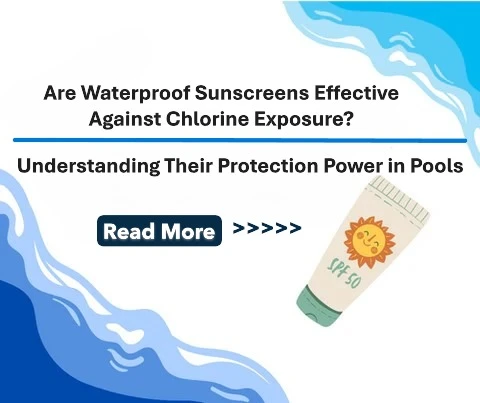
Are Waterproof Sunscreens Effective Against Chlorine Exposure? Understanding Their Protection Power in Pools
Water-resistant sunscreens do provide a reliable level of sun protection during pool use, but their effectiveness is not immune to the effects of chlorine and water exposure over time.
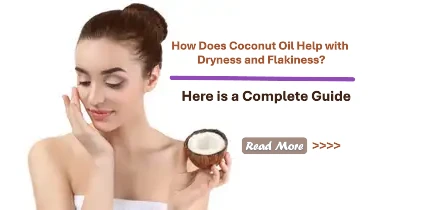
How Does Coconut Oil Help with Dryness and Flakiness? Exploring Its Deep Moisturizing and Healing Properties
Coconut oil is an effective natural remedy for dryness and flakiness thanks to its moisturizing, protective, and soothing properties.
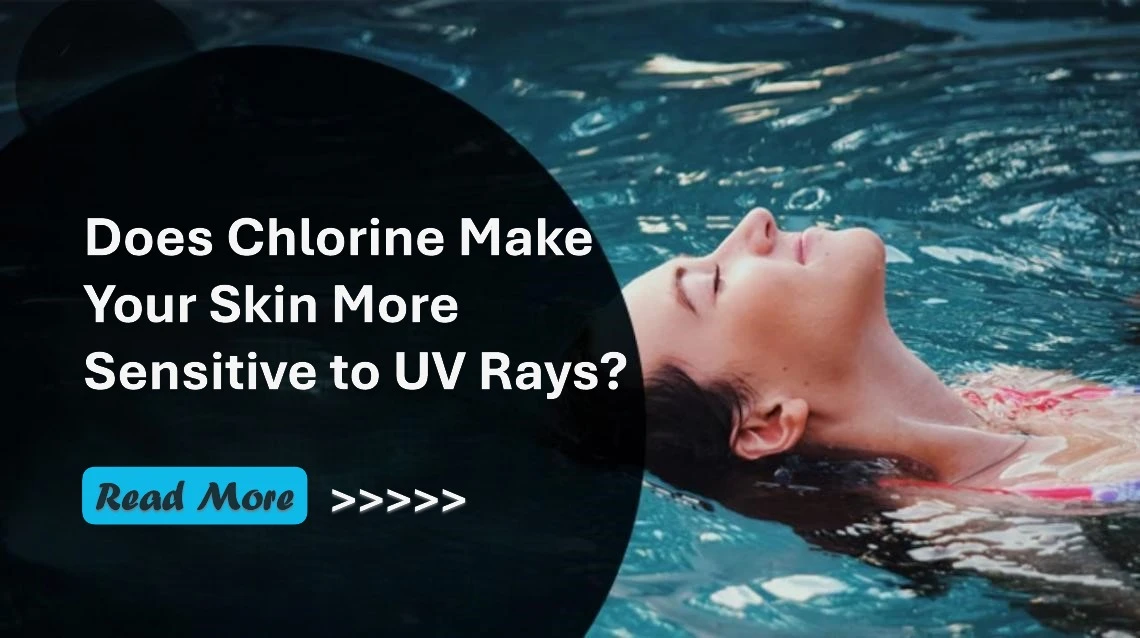
Does Chlorine Make Your Skin More Sensitive to UV Rays? Exploring the Link Between Pool Chemicals and Sun Exposure
While chlorine doesn’t inherently increase your skin’s UV sensitivity like certain drugs or treatments, it weakens your skin’s natural defense against the sun by drying it out.
Showing 109 to 117 of 474 entries